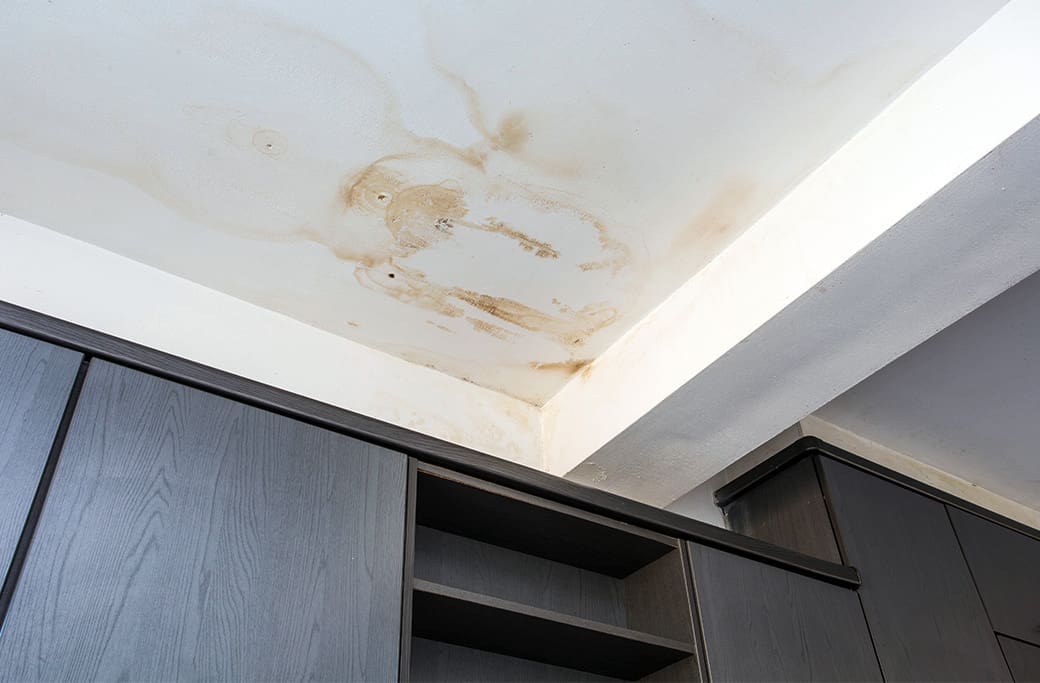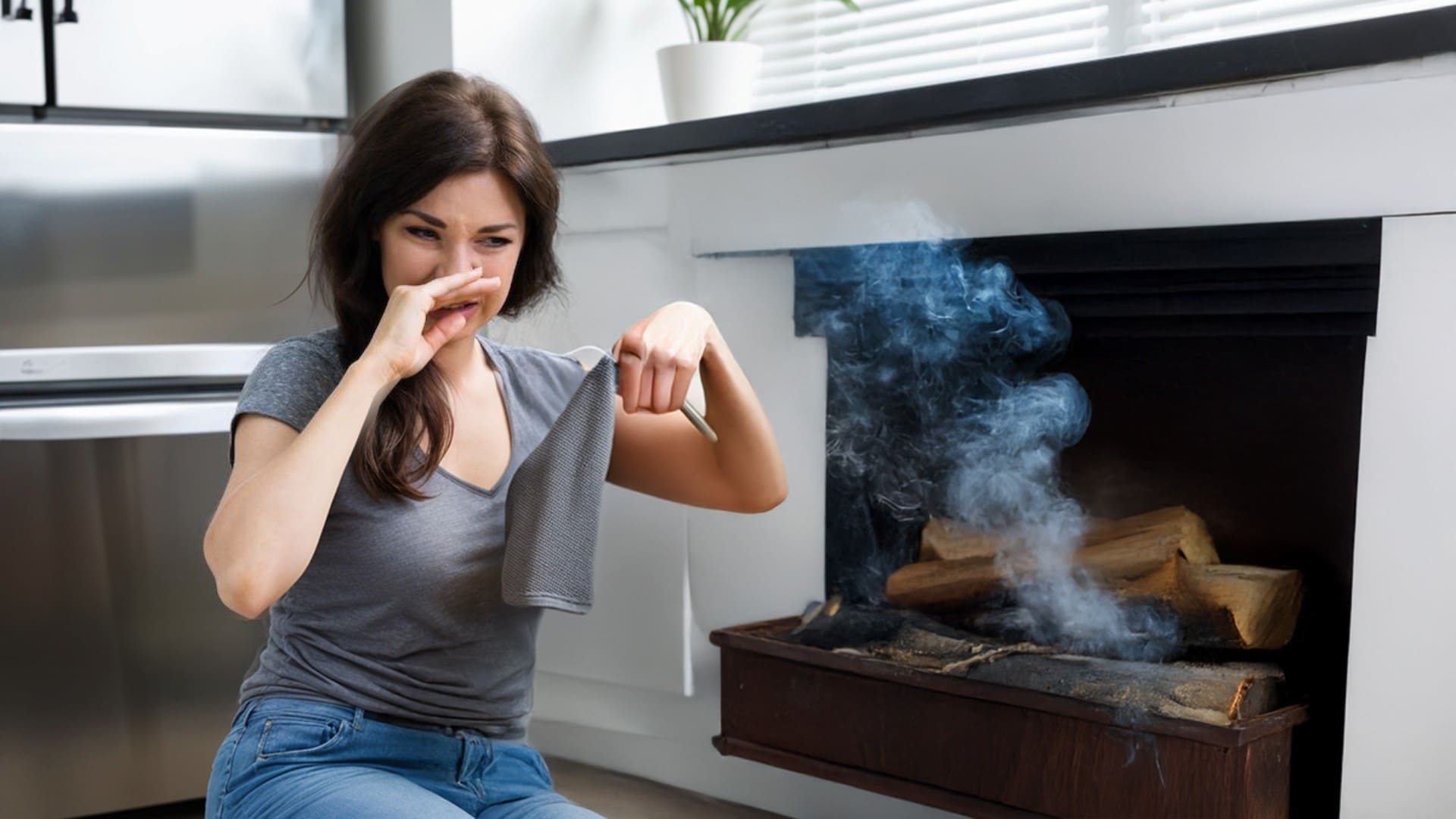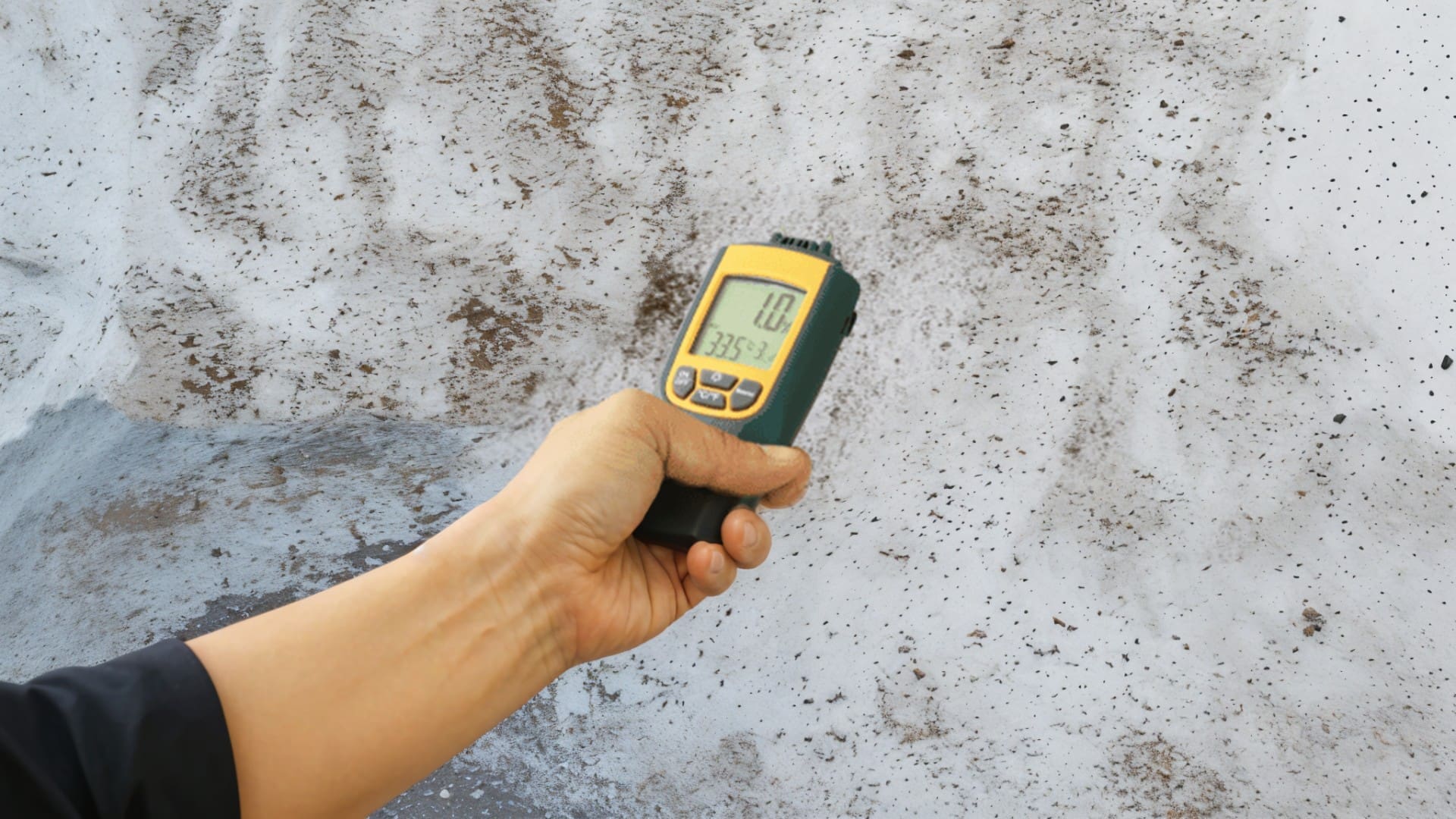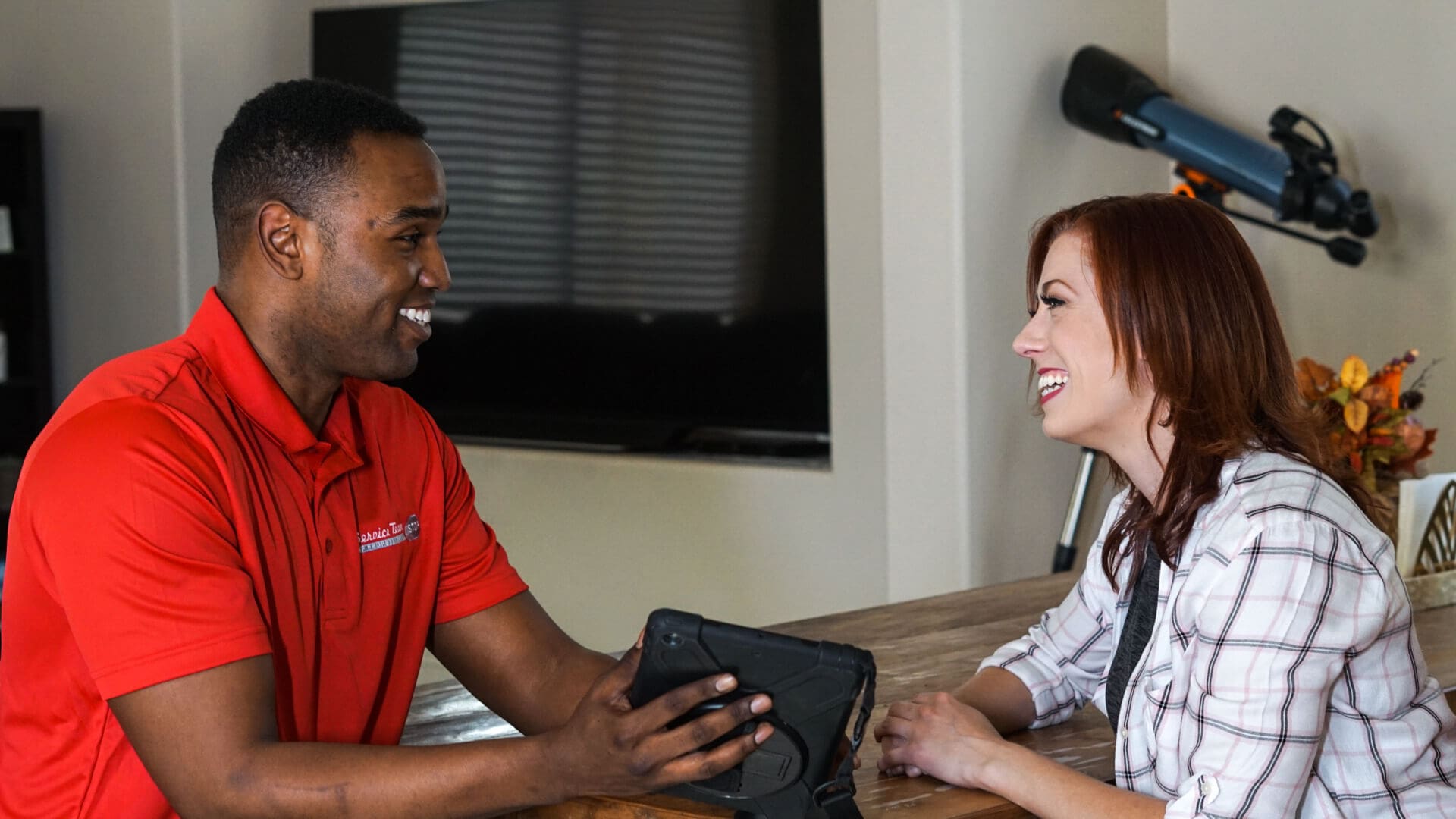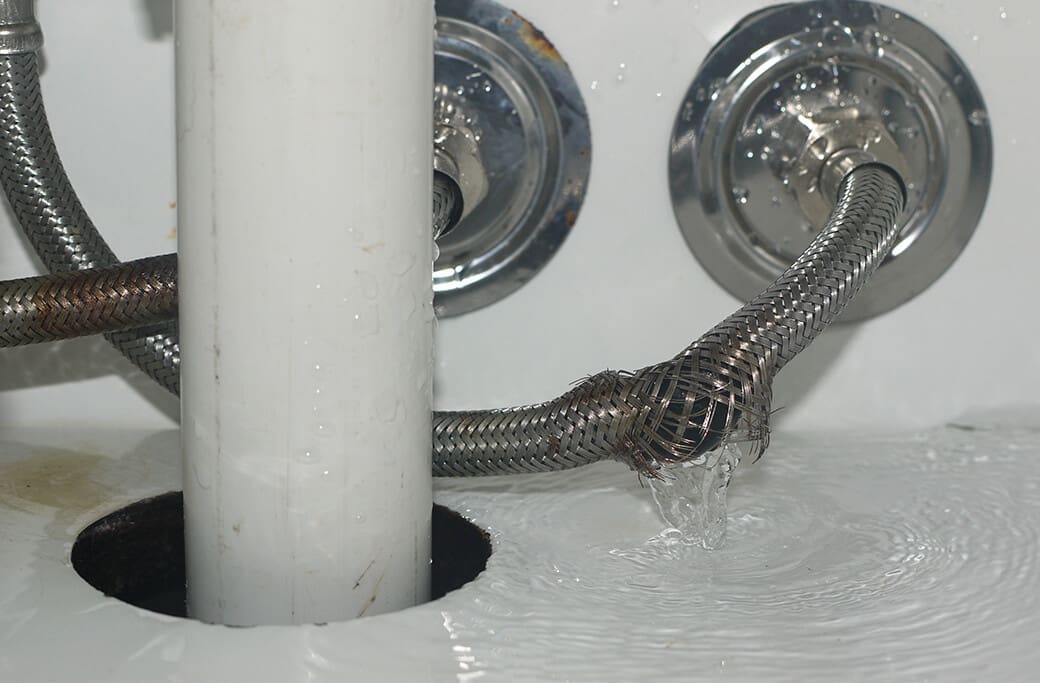
Small drips can quickly turn into devastating floods. One moment you’re dealing with a minor leak under the sink, and the next you’re watching water spread across your floors, seep into walls, and threaten your home’s foundation. Plumbing failures rank among the top causes of property damage, often striking without warning and escalating rapidly.
Even minor leaks that go unnoticed can cause extensive damage over time. Hidden moisture breeds mold, weakens structural elements, and creates costly repair bills that far exceed the original problem. The key to protecting your Winston-Salem home lies in understanding common plumbing failures, knowing how to respond immediately, and taking preventive measures before disaster strikes.
STOP Restoration has been serving the Piedmont Triad area since 2014, helping families recover from plumbing disasters and water damage emergencies. Our team of technicians understands how quickly plumbing failures can escalate and why fast, professional response makes all the difference in your recovery.
Common Types of Plumbing Failures and Their Consequences
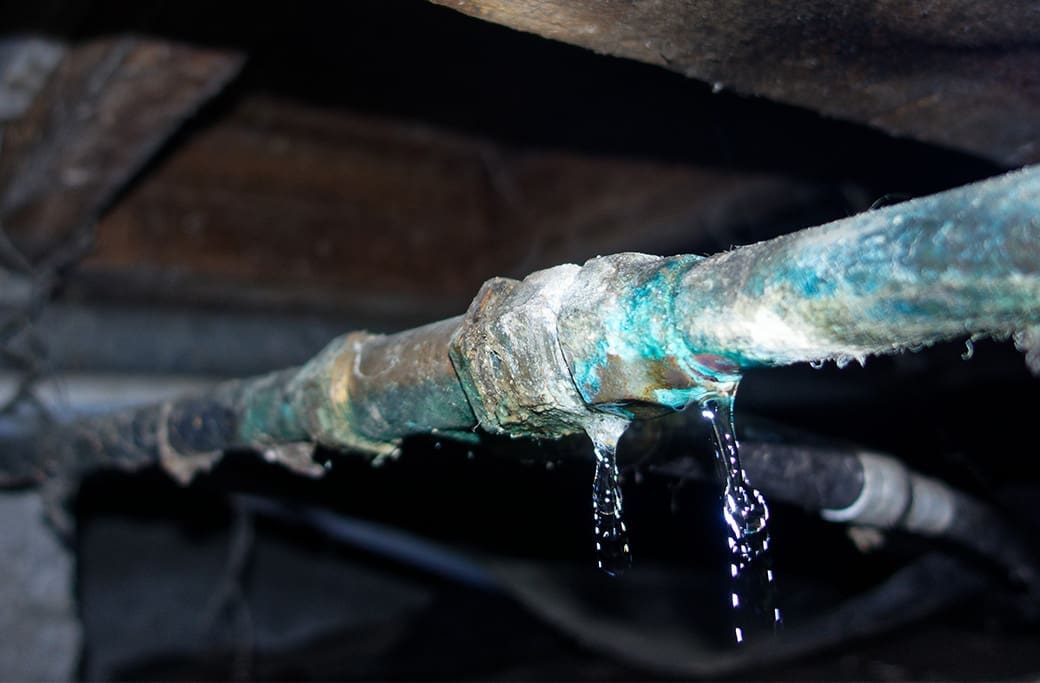
Burst Pipes and Hose Connections
Burst pipes are among the most destructive plumbing failures you can experience. These ruptures often result from freezing temperatures that cause water to expand inside pipes, excessive water pressure that overwhelms aging connections, or simply the natural deterioration of old plumbing materials.
The consequences can be severe. A single burst pipe can release hundreds of gallons of water in just a few hours, flooding multiple rooms and causing extensive structural damage. Water can seep into flooring, walls, and foundations, creating problems that persist long after the initial flood is cleaned up.
Leaky or Corroded Pipes
Not all plumbing failures announce themselves dramatically. Leaky or corroded pipes often work silently behind walls and under floors, slowly releasing water that you may not notice for weeks or months. These hidden leaks are particularly dangerous because they allow continuous moisture exposure that promotes mold growth and structural damage.
Corrosion typically affects older homes with galvanized steel or cast iron pipes. As these materials age, they develop small holes and weak spots that worsen over time. By the time you notice water stains or soft spots in walls, significant damage may have already occurred.
Frozen Pipes
Winter weather poses a serious threat to plumbing systems throughout North Carolina. When temperatures drop below freezing, water inside pipes can freeze and expand, creating tremendous pressure that causes pipes to crack or burst completely.
Pipes located in uninsulated areas are particularly vulnerable. Exterior walls, crawl spaces, attics, and basements often lack adequate protection from cold temperatures. When frozen pipes thaw, the resulting water release can cause immediate and extensive flooding.
Sewer Backups and Clogged Drains
Sewer backups represent one of the most serious plumbing emergencies you can face. These events can result from tree root infiltration, pipe collapse, or municipal sewer system problems that cause contaminated water to back up into your home.
Unlike clean water from burst pipes, sewer backups involve contaminated water that poses serious health risks. This bio hazardous material requires specialized cleanup and remediation to ensure your home is safe for occupancy.
What to Do When You Discover a Plumbing Failure
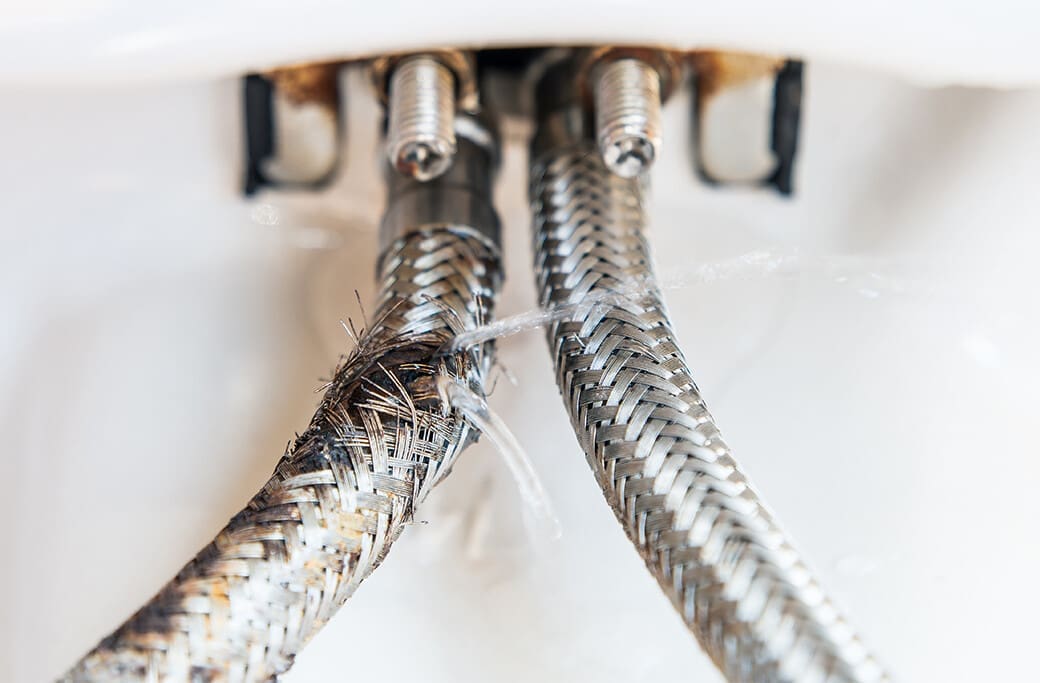
When plumbing failure strikes, your immediate response can significantly impact the extent of damage to your property. Acting quickly and systematically helps minimize water damage and protects your family’s safety.
Turn off the water immediately at the main shut-off valve. Every second counts when water is actively flowing into your home. Locate your main water shut-off valve before an emergency occurs, and ensure all family members know where it is and how to operate it.
Cut power to affected areas if it’s safe to do so. Water and electricity create dangerous situations that can result in electrocution or fire. If the electrical panel is located in a flooded area, do not attempt to reach it. Instead, contact your utility company for assistance.
Avoid contact with sewer water at all costs. Sewage contains harmful bacteria, viruses, and other contaminants that can cause serious illness. If you suspect sewer backup, evacuate the affected area immediately and wait for professional remediation services.
Document the damage with photographs and video for insurance purposes. Take comprehensive photos of all affected areas, damaged belongings, and the source of the problem if visible. This documentation will be important for insurance claims and restoration planning.
Call STOP Restoration immediately at 336-829-5345. The longer you wait to begin professional water extraction and drying, the more extensive the damage becomes. Our 24/7 emergency response team can begin mitigation immediately to prevent further damage.
Prevention Tips for Homeowners and Business Owners
Preventing plumbing failures is far more cost-effective than dealing with the aftermath. These proactive measures can help protect your property from common plumbing disasters.
Insulate exposed pipes, especially those in unheated areas like basements, crawl spaces, and attics. Proper insulation prevents freezing that can cause pipes to burst. Pay special attention to pipes along exterior walls where cold air infiltration is most likely.
Maintain consistent temperatures throughout your home, even when you’re away. Keep your thermostat set to a consistent temperature during winter months to prevent pipes from freezing. This small expense can prevent thousands of dollars in damage.
Inspect and replace hoses regularly. Check washing machine and dishwasher hoses for cracks, bulges, or leaks every six months. Replace these hoses every five years, even if they appear to be in good condition. Consider upgrading to braided steel lines that are more durable than rubber alternatives.
Clear drains regularly to prevent clogs that can cause backups. Avoid putting grease, hair, and other debris down drains. Use drain screens to catch debris before it enters your plumbing system.
Monitor your water pressure. High water pressure can stress your plumbing system and lead to failures. Consider installing a pressure regulator if your water pressure consistently exceeds 80 PSI.
Look for leaks during regular inspections. Monthly checks under sinks, around toilets, and along exposed pipes can help you catch small problems before they become major issues. Look for water stains, moisture, or any signs of water where it shouldn’t be.
Properly seal openings around pipes and in your home’s foundation. These seals prevent cold air infiltration that can lead to frozen pipes and also keep pests out of your home.
Turn off and drain outdoor faucets before winter weather arrives. This simple step prevents water from freezing in outdoor spigots and the pipes that supply them.
Learn the location of your main water shut-off valve and ensure it’s clearly labeled. Every household member should know where this valve is located and how to operate it in an emergency.
Consider professional inspection annually. A licensed plumber can identify potential problems before they cause failures, potentially saving you thousands in emergency repairs.
Why Fast, Professional Help Matters
Water damage escalates rapidly once it begins. Within the first 24 hours, water can be absorbed by porous materials, furniture can begin to warp and swell, and the first signs of mold growth may appear. After 48-72 hours, mold growth becomes more serious, and structural elements may begin to weaken.
STOP Restoration provides comprehensive emergency response that addresses both immediate damage and long-term consequences. Our services include professional water extraction using industrial-grade equipment that removes water far more effectively than household tools.
Structural drying using specialized dehumidifiers and air movers ensures that moisture is removed from walls, floors, and other structural elements. This process prevents ongoing damage and mold growth that can occur when materials remain damp.
Mold prevention and remediation services protect your family’s health and prevent costly mold damage. Our team understands how to identify areas at risk for mold growth and take preventive measures during the drying process.
Full restoration services mean we can handle everything from initial water extraction to complete reconstruction if necessary. This comprehensive approach eliminates the need to coordinate multiple contractors and ensures consistent quality throughout your recovery.
Insurance coordination is another service we provide. Our team works directly with insurance companies to document damage, provide necessary estimates, and streamline the claims process. This assistance can significantly reduce the stress and complexity of recovery.
When You Should Call STOP Restoration
Don’t wait to see if plumbing problems resolve themselves or get worse. Contact STOP Restoration immediately when you encounter any of these situations:
Standing water from plumbing failure requires immediate professional attention. Even small amounts of standing water can cause extensive damage if not properly extracted and dried.
Suspected hidden water damage or mold from leaks that may have been ongoing for some time. Professional assessment can determine the extent of damage and prevent health risks associated with mold exposure.
Strong odors, staining, or soft spots in floors, walls, or ceilings often indicate ongoing water damage that requires professional remediation.
Any uncertainty about how to safely clean up water damage or concerns about the extent of the problem. Professional evaluation provides peace of mind and ensures proper restoration.
Emergency Response Guide: Pipe Failures
Plumbing problems happen to every homeowner eventually, but fast action can make the difference between minor repairs and major reconstruction. Understanding common failure types, knowing how to respond immediately, and taking preventive measures protects both your property and your family’s safety.
STOP Restoration Winston-Salem stands ready 24/7 to respond to plumbing disasters throughout the Piedmont Triad area. Our team of technicians, advanced equipment, and comprehensive services ensure that your home is restored quickly and completely. We handle everything from initial emergency response to final reconstruction, working with your insurance company to make recovery as smooth as possible.
Found a leak or backup? Don’t wait for the problem to worsen. Call STOP Restoration now at 336-829-5345 for professional water damage cleanup and peace of mind. Your fast action today can prevent extensive damage tomorrow.

